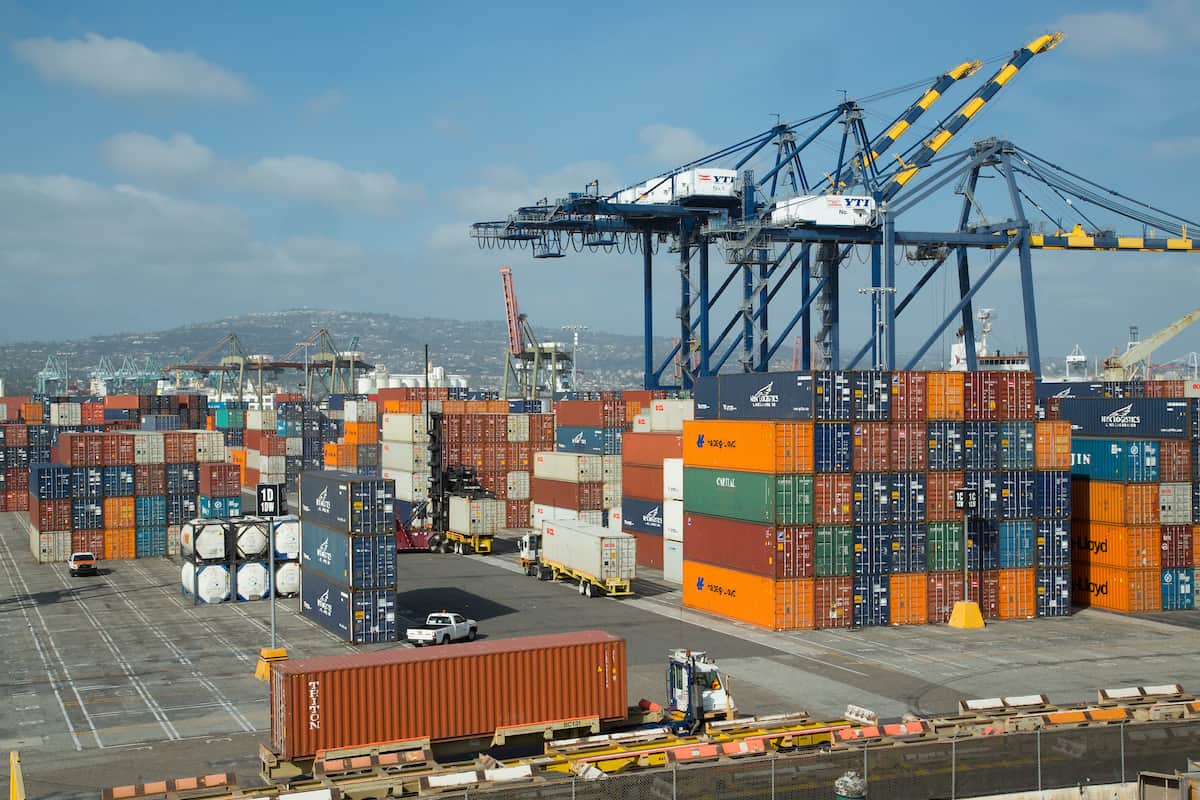USMCA Passage is Critical for Manufacturers in Every State
Tell Congress to Pass USMCA
Act Now
Last year, leaders of Canada, Mexico, and the United States came together to modernize the 25-year-old North American Free Trade Agreement. The result was the United States-Mexico-Canada Agreement, or USMCA – a broad update that was agreed to in November 2018. Yet more than six months later the USMCA is still pending approval in Congress. Comprehensive new state-level data from the National Association of Manufacturers shows the USMCA’s positive impact, and manufacturers are voicing their support for this deal.
“The USMCA is about restoring certainty, improving the rule of law and expanding our partnerships with our most significant trade partners,” Linda Dempsey, NAM vice president of international economic affairs, said. “Not only will its ratification grant manufacturers the certainty they need to continue growing and creating jobs into the future, but it will also expand U.S. manufacturing access to Canada and Mexico and help level the playing field for American workers.”
As manufacturers’ most critical partners, Canada and Mexico purchase one-fifth of the total value of U.S. manufacturing output – more than the next 11 countries combined. These exports support about 2 million American manufacturing jobs and 40,000 small- and medium-sized businesses.
“Passage of this agreement is critical for U.S. manufacturing sector,” said Dempsey. “Canada and Mexico are manufacturers’ most important partners.”
The agreement promises stronger intellectual property rules to protect manufacturing inventions, setting new and improved standards for the digital economy. It expands U.S. manufacturing’s ability to export products abroad, ensuring manufacturers can sell their products duty free and eliminating red tape at the border that often hinders small- and medium-sized businesses seeking to sell their products in both Canada and Mexico. The USMCA also levels the playing field for U.S. manufacturers in critical ways by raising standards, improving transparency and prohibiting anti-U.S. discrimination from foreign governments. The benefits would extend to every state, offering communities across the country opportunities for growth.
With a push for action among policymakers and the public, manufacturers are asking Congress to ratify this agreement that improves trade relationships, strengthens the manufacturing sector and benefits the 12 million employees who work in the manufacturing industry.
“Without movement,” Dempsey said, “American manufacturing workers and communities are at risk.”
